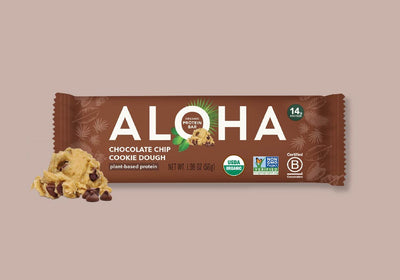
Chocolate Chip Cookie Dough
Indulgent cookie dough, rich chocolate chips
Price: $34.99
 collection header image
collection header image
 collection header image
collection header image

Indulgent cookie dough, rich chocolate chips
Price: $34.99
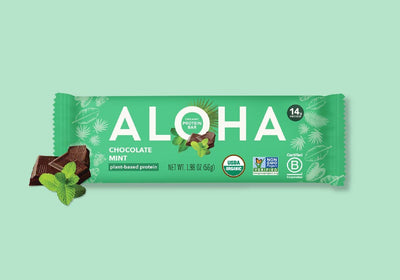
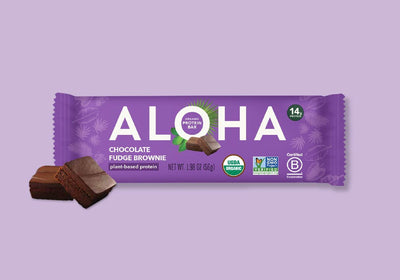
Smooth, indulgent chocolate is irresistible
Price: $34.99
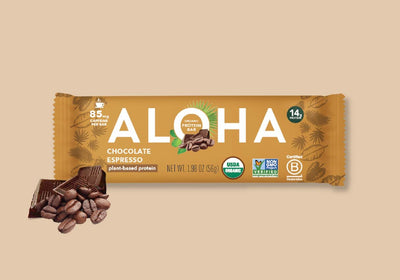
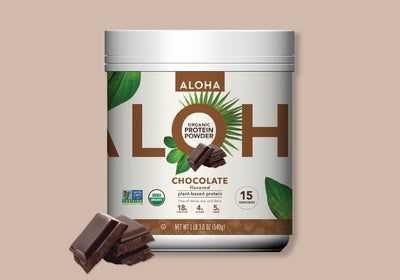
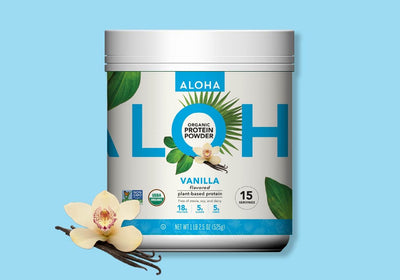
Sources: